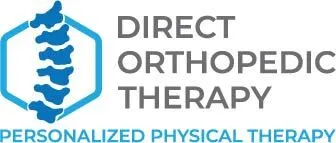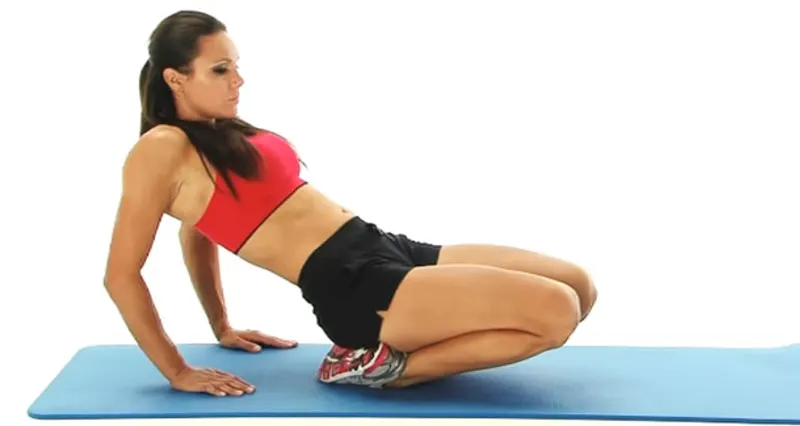If you’ve ever felt a nagging, throbbing pain along the front or inside of your shin after a workout, you’re not alone—and those pain spikes are usually shin splints. They’re common, frustrating, and can derail your training. But here’s the good part: the right shin splint exercises can not only ease the pain—they can help fix it for good. By understanding what’s going on and doing targeted drills, you’ll be back to walking, running, and living pain‑free.
What Happens Inside Your Shin
Your shin, or medial tibia, is lined by muscles, fascia, and tendons that absorb shock from every step. When your loading exceeds your muscle capacity, inflammation kicks in—and that’s where that hard-to-ignore pain comes from.
Why Shin Splints Hurt
Think of it like this: if your muscles are weaker than the impact you’re asking them to absorb, they get inflamed. Tight calves or overpronated feet also add stress. Without the right support and strengthening, this cycle repeats—leading to chronic pain.
Common Causes of Shin Splints
Training‑Related Triggers
Going from zero to high mileage too fast? Ramp it up slower—your body needs a chance to adapt.
Medical & Structural Conditions
Flat feet, high arches, or leg length discrepancies can all shift load unsafely onto your shin.
Lifestyle & Health Choices
Wearing unsupportive shoes or running on concrete regularly puts more force on your legs than they can handle.
Nerve‑Related Factors
Though rare, entrapment or nerve irritation can masquerade as “shin splints.” If symptoms include numbness or tingling, take note.
Diagnosis – Identifying The Pain Early
Self‑Assessment at Home
Press along your shin. If it hurts along a sizable, tender stretch, it’s likely shin splints. Swelling and redness can also appear.
When to Get a Professional Call
If pain persists after rest, you can’t walk normally, or you notice bone tenderness—it’s time to get checked by an expert.
Look Out for Red Flags
Severe pain, night pain, or symptoms like muscle wasting or neurological signs point to something beyond simple shin splints.
Shin Splint Exercises & Treatment Options
Warm-Up + Soft Tissue Prep
Start gently: 5–10 minutes of low‑impact cardio, then use a foam roller or massage stick for calves and shins.
Mobility Moves
Tilt your ankle up and down and side to side. This keeps your joints moving well and takes stress off muscles.
Strength Builders
Try heel raises: stand and rise up on your toes, lower slowly. Aim for 2 sets of 15 reps, daily.
Add toe walking: walk across the room on your tiptoes, two minutes at a time.
Resistance band dorsiflexion: loop a band around your foot and pull your toes toward you, 3 sets of 15 reps.
Eccentric Calf Control
Stand on a step with heels off edge, rise on both feet, then lower on one. Focus on slow, controlled descent—great for calf and shin strength.
Balance & Proprioception
Single‑leg stands for 30 seconds each side builds neuromuscular control, which helps stabilize your lower leg.
Return‑to‑Activity Guide
Start reclaiming activity with gentle returns to walking, progressing to intervals of run/walk. Increase by 10% per week—listen to your body.
Prevention Tips
Keep Builds Smart
Avoid spikes. If you add 10% distance this week, stick to that. Slowly is strongly.
Strength + Mobility Every Week
A 10‑minute drill session 2‑3 times weekly maintains your gains—don’t skip it.
Go for Supportive Footwear
Replace worn‑down shoes regularly. Consider custom orthotics for structural issues—Direct Orthopedic has you covered.
Easy Wins in Lifestyle
Soft runs, icing after hard days, and cross‑training (like cycling or swimming) are vital recovery allies.
Direct Orthopedic’s Expert Edge
At Direct Orthopedic, we help you overcome shin splints with hands‑on evaluation, custom exercise plans, and informed medical interventions like shockwave therapy, bracing, or orthotics. Our experts are ready to guide your return to activity stronger, faster, and pain‑free.Book a consultation with Direct Orthopedic today. Our tailored approach and proven exercise prescription will help you push past pain, safely and confidently. Contact us now and let’s start your recovery journey.



